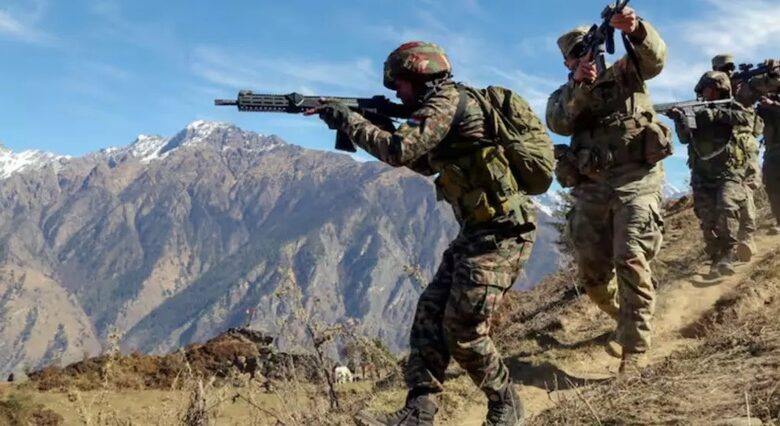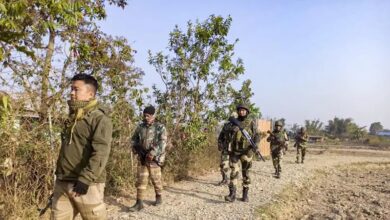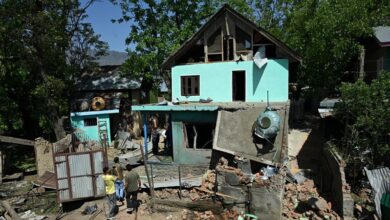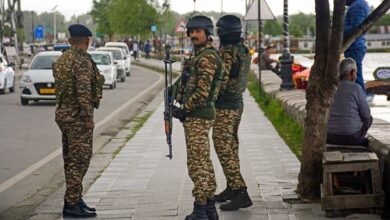
Troops of the Pakistan Army fired at various sites along the Line of Control (LoC) in Jammu and Kashmir on Friday, seemingly trying to break the ceasefire agreement, prompting an effective response from the Indian Army, as per sources knowledgeable about the situation.
The event occurs just hours before Indian Army chief General Upendra Dwivedi is scheduled to visit Srinagar and Udhampur on Friday. While on the visit, he will engage in discussions with high-ranking Army leaders positioned in the Kashmir Valley as well as officials from other security agencies.
Officials noted that the Army chief is anticipated to evaluate the current security circumstances and examine the recent ceasefire breaches by the Pakistan Army along the LoC. The Pakistan Army’s firing occurs as tensions rise between both sides due to the Pahalgam terror attack that resulted in 26 fatalities. India’s response following the Pahalgam terror incident.
In response to the Pahalgam attack, India has launched a range of robust counteractions against Pakistan for its purported support of cross-border terrorism. During a Cabinet Committee on Security (CCS) meeting led by Prime Minister Narendra Modi and attended by Union Home Minister Amit Shah on Wednesday, India resolved to put the Indus Waters Treaty of 1960 on hold until Pakistan permanently ceases its backing for cross-border terrorism.
India likewise designated multiple officials of the Pakistani High Commission as persona non grata and ordered them to exit the country within a week. Additionally, it has canceled all visas granted under the SAARC Visa Exemption Scheme (SVES), requiring Pakistani citizens to leave India within 48 hours.
In reply, Pakistan dismissed the halt of the Indus Waters Treaty and cautioned that any effort to obstruct or redirect water flows due to Pakistan under the treaty would be seen as an “act of war.”
The World Bank-mediated Indus Waters Treaty has regulated water distribution agreements between India and Pakistan since 1960. It encompasses the Indus river system, comprising the Indus as well as its tributaries. The eastern rivers — Ravi, Beas, and Sutlej — are predominantly allocated to India, whereas the western rivers — Indus, Jhelum, and Chenab — are primarily designated for Pakistan. The Kabul river, while included in the system, does not traverse Indian land.






